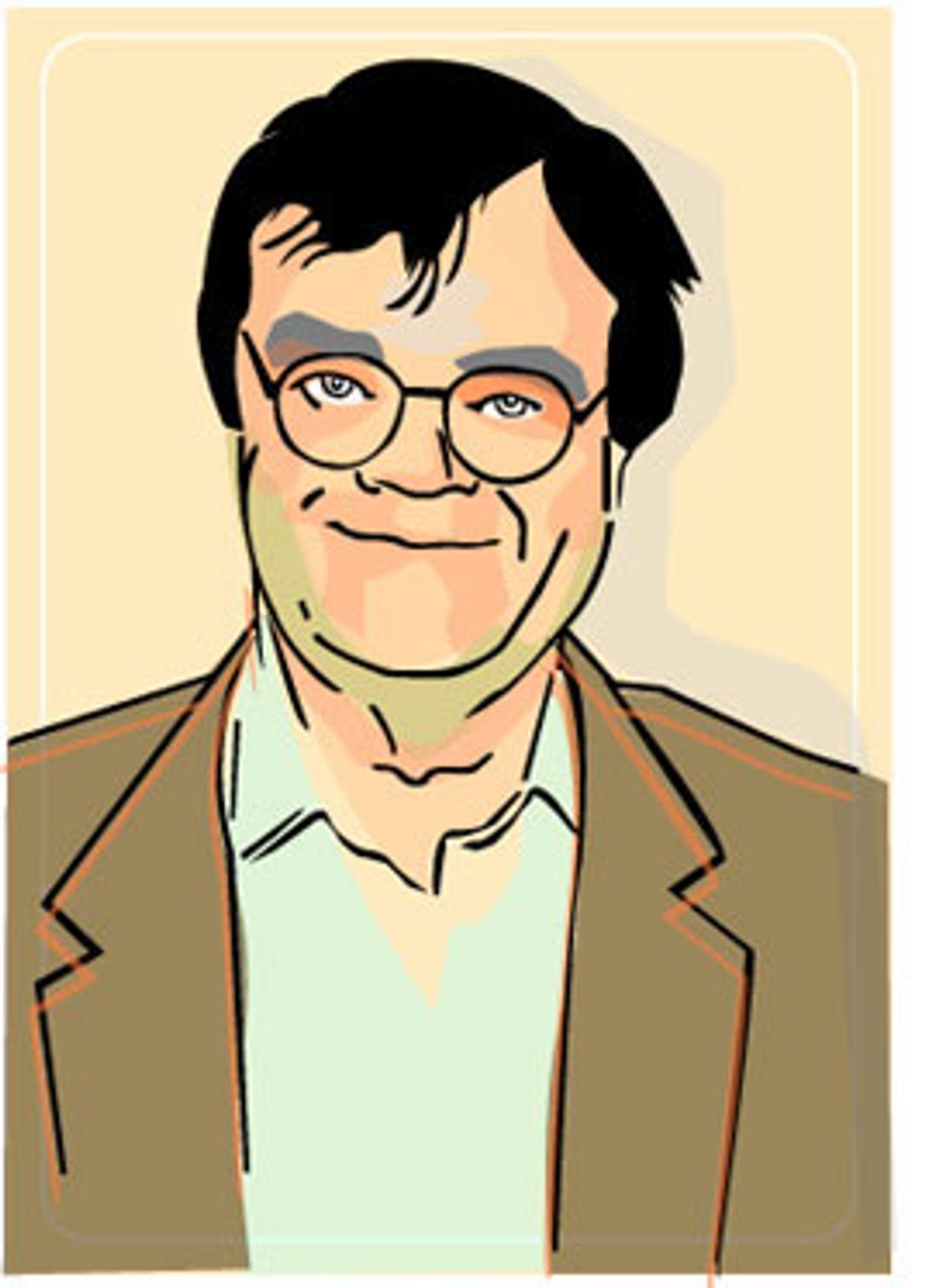Memorial Day is a fading holiday, destined to go the way of the Glorious Fourth and Labor Day, which once had ceremonial functions and now are simply bonus Saturdays. It was a small-town institution and a matter of community pride to honor our dead. The citizenry hiked up to the cemetery on Monday morning behind the VFW honor guard and listened to a speech and sang "America the Beautiful" and stood for a rifle salute and "Taps," and then walked quietly home. It's easier to organize this sort of thing in a town of 2,000 than in a city of a million, so it has faded, a victim of urbanization. And also because the speeches were not so good. And because we are young restless people, not old weepy people.
Americans aren't good at memorials. In the wake of President Kennedy's death, his name was attached to many things, including Idlewild Airport in New York and Cape Canaveral in Florida, but naming things isn't the same as remembering. The memorial airport -- Kennedy, LaGuardia, Reagan, George Bush, John Wayne, Gen. Edward Logan, Gen. Billy Mitchell -- is an odd notion. Airports are beehives. You get your ticket, go through security, get coffee, go to the gate, wait, board, and at what point do you stop to consider the World War II heroism of Navy flier Butch O'Hare?
Likewise, the memorial freeway. A freeway is a strip of pockmarked concrete on which the uglier aspects of human nature are played out every day. You would not want the name of anyone you care for put on such a place.
A memorial is where the memory of a person is made manifest, such as Emily Dickinson's quiet house and garden in Amherst, or the restored Lincoln neighborhood in Springfield, or Hyde Park. Or the Civil War battlefields, which are faithfully maintained and staffed with knowledgeable guides. A three-hour visit can transport you back to 1863. The National Bohemian Historic Sites of Greenwich Village and San Francisco are there to be seen, the ghosts of E.E. Cummings and Edna St. Vincent Millay and Allen Ginsberg and Jerry Garcia. William Faulkner's house in Oxford, Miss. The list goes on.
But why the enormous lump that is Grant's Tomb? And Mount Rushmore? After you've driven the length of South Dakota, four faces carved from rock is not the thrill it ought to be. Add Ronald Reagan's face to it, grinning and winking, and liven up the place. And when will we put a stop to the tradition of the Imperial Presidential Library/Showroom & Temple? Lincoln was one who was worthy of a temple, but his memorial is a cold gloomy cavern. We should take the roof off and let the sun stream in and the rains pour down. It would look better as a ruin.
Anyway, there is no need for a stone memorial to honor the man who wrote "of the people, by the people, for the people" and "With malice toward none; with charity for all; with firmness in the right, as God gives us to see the right, let us strive on to finish the work we are in; to bind up the nation's wounds; to care for him who shall have borne the battle, and for his widow, and his orphan -- to do all which may achieve and cherish a just and lasting peace, among ourselves, and with all nations." He wrote those words himself, sitting at a small desk upstairs in the White House, back at a time when presidents did that. Lincoln lives in the beautiful one-volume Library of America edition of his writings.
No writer needs a memorial. The family of E.B. White decided after he died that the farm in Maine where he wrote his books should not be turned into a museum. If you want to find him, you simply read the essay "The Death of a Pig," or "Charlotte's Web" or "Here Is New York."
In New York they are trying to figure out how to honor the men and women who went down in the twin towers. Well, the best memorial yet is a lovely book, "102 Minutes." You can visit it anywhere, and it means more than a wall of names, or a reflecting pool. Those people live on in the book, which is about large and small acts of heroism and kindness in the face of death, and you can't say that with stones or reflecting pools. You need words.
- - - - - - - - - - - -
(Garrison Keillor's "A Prairie Home Companion" can be heard Saturday nights on public radio stations across the country.)
(c) 2006 by Garrison Keillor. All rights reserved. Distributed by Tribune Media Services, Inc.

Shares